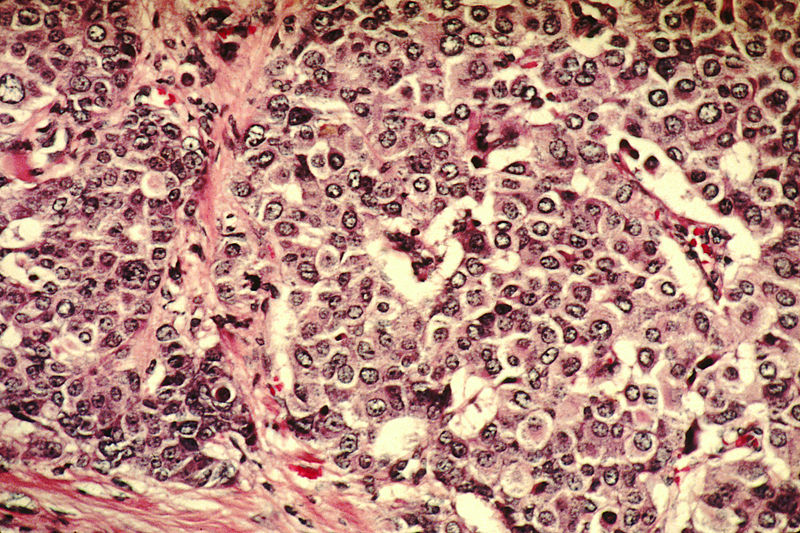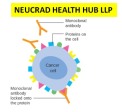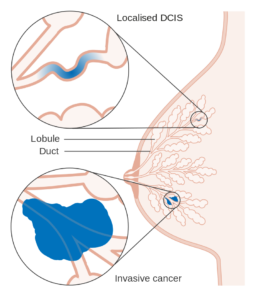Breakthrough research by scientists in the University of Basel, might lead to inhibition of cancer metastasis in the future

Content development by neucrad health team, January 29, 2019
Cancer being a common but phenomenal threat to human beings, has become the most relevant topic for researchers all around the world! Recent study at the University of Basel, Switzerland has revealed that a method can be applied to malignant breast cancer cells to convert them to harmless adipocytes (generally known as fat cells) [1] .
The process has been demonstrated in mice and is yet to be experimented on human, suggests the susceptibility of cancer cells to conventional treatments of cancer. Cancer cell plasticity is defined as the capacity of a cell to adapt to dynamic changes, triggered by external signals. The major role of cell plasticity feature in cancer, is to escape developmental therapies and further survival by invasion and metastasis.
Cancer cells exploits this cell plasticity feature by a phenomena called epithelial messenchymal transition (EMT). This is a biological process where polarized epithelial cells undergo multiple biochemical changes to finally assume messenchymal cell phenotype which includes enhanced migratory capacity, invasiveness, elevated resistance to apoptosis and greatly increased production of ECM components [2] . This process takes place during embryonic development while the cell differentiates into various cell types. The reverse of this biological phenomena is messenchymal epithelial transition (MET) [3] which involves transformation of spindle-shaped, multipolar, motile messenchymal cells to planar arrays of polarized epithelial cells.
While EMT promotes primary tumor cell invasion, MET regulates metastatic outgrowth of disseminated cancer cells in distant organs. In this study scientists used an approach to target cancer cell plasticity by forcing the trans-differentiation of breast cancer cells into genuine adipose cells which otherwise would have entered into the EMT process. For this, FDA approved pre-existing drug “Trametinib” (an MEK signal pathway inhibitor) was used in combination with “Rosiglitazone” and encouraging results were observed both in vitro and in vivo. This therapeutic approach has the future potential to be used in human clinical trials, especially with respect to FDA approved “Trametinib”. According to the scientists at the Basel university, the ablation of invasive mesenchymal cancer cells by trans-differentiation therapy may also overcome traditional chemotherapy resistance and cancer relapse [1] . However, a lot more research need to be carried out for successful implementation of this therapeutic approach in human.
1. Cancer Cell, 2018, Ronen et al.: “Gain Fat—Lose Metastasis: Converting Invasive Breast Cancer Cells into Adipocytes Inhibits Cancer Metastasis” https://www.cell.com/cancer- cell/fulltext/S1535-6108(18)30573-7 , DOI: 10.1016/j.ccell.2018.12.002
2. Journal of Clinical Investigation, 2003, Kalluri and Neilson: “Epithelial-mesenchymal transition and its implication for fibrosis” https://www.ncbi.nlm.nih.gov/pmc/articles/PMC297008/, DOI: 10.1172/JCI200320530
3. Molecular Cancer Research, 2011, Yao et al.: “Mechanism of the Mesenchymal- Epithelial transition and its relationship with metastatic tumor formation” http://mcr.aacrjournals.org/content/9/12/1608, DOI: 10.1158/1541-7786.MCR-10-0568
Image: Breast Cancer Cells; Source: National Cancer Institute, public domain, Dr. Cecil Fox (Photographer)
Description This is a histologic slide of breast cancer cells that have grown out the ducts and into the surrounding tissue displacing normal cells. Stained with H&E and magnified to 200x.








